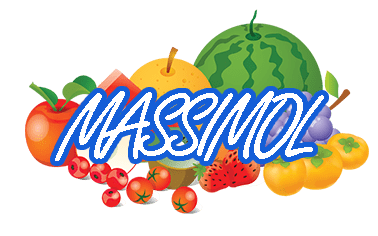Questa volta abbiamo cercato: Who manages Mozart’s profile on Spotify?
Mozart is just an example, but this goes for any classical musician. How are these records streamed online? Who posts and creates the accounts? Where does the money go? I doubt they had record labels, so who has the right to profit and or take responsibility for their art?
Ed ecco le risposte:
So there are 2 things happening here.
-
Mozart is the songs writer. He is responsible for the sequence of musical notes played (usually written as a score) that makes up the song. This is called publishing rights (although Mozart’s work will now be out of copyright).
-
Various performers have performed his works (orchestras, etc). Each one of these recordings will be subject to it’s own copyright. These are called performing rights. These groups are likely to have record labels to represent their recordings.
Typically, depending on your territory about 30% of royalties are allocated to publishing rights and 70% to performing rights. These are collected through a complicated web of publishing/performing rights societies.
These basically match a registered recording/composition against every song played on every type of media (including Spotify). They look at things like audience size, play duration (the file they provide each month is massive) to decide how they money they receive is split. It’s then up to publishers/labels to “claim” their respective royalties.
In the case of the example you provided Mozart’s work is out of copyright so there will likely be no claim for publishing rights (these will be split between everyone who does have publishing rights on other songs). There will, however, likely be a performing right for the recording.
There are 2 different art forms here, musical composition (writing music) and performance. Each is rewarded in it’s own way.
Please note I have simplified things down a bit and talked about the most common way that the rights societies work. Most copyright rules are the same, but there are some big differences. There is also a 3rd type of right called Neighbouring Rights which allows background (unamed) musicians to claim royalties for a song and this gets even more complicated.
In respect to the profile pages Spotify aggregates data from a variety of sources, most commonly the publisher/label but not always. So in this case Mozart’s page is likely to be compiled by their own research staff or from suggestions (I would imagine Wikipedia plays a big role). The various recordings will be linked to their respective orchestras, etc.
I’m not sure who manages the Spotify profile, though I would guess a Spotify employee is responsible for it just to have a simple convenient place for an old musician that a lot of people will search for.
Anyone has the right to take any work in the public domain, which includes all works so old, and so what they please with it for profit or whatever. It still costs a lot of money to put together an orchestra—or even a single pianist—and record them. Not having to pay publishing fees to use the old compositions really helps the profit margin.
There is basically 2 kinds of intelectual property
Author right for the one who wrote the lyrics/musics which last 70 years from the author dead (number to double check). So Mozart or Bach are public domain
Performer rights for the one who play the music who last for 50 years after the recording (again numbers to double check). So the Mozart concert recorded in Vienna in 1987 is still copyrighted.
Recording technology made so much progress in the last 30 years, that it’s worth listening to a performance which is still copyrighted versus a performance which isn’t. The notable exception would be the recording where Maria Callas sings as she is one of the greatest vocalist ever recorded.
That’s said it’s not unlikely that in order to save money, Spotify focus on non copyrighted records.
Note that you can also wave your copyright, free music activists paid a famous pianest to record a copyleft version of the Goldberg variations https://opengoldbergvariations.org/
Probably the publishing company

